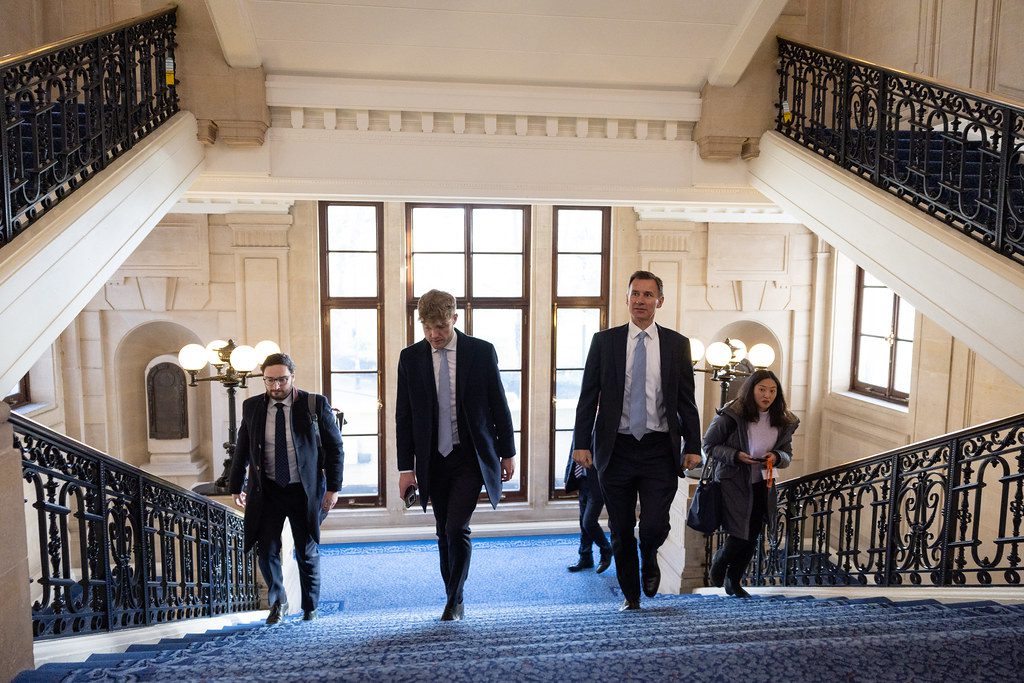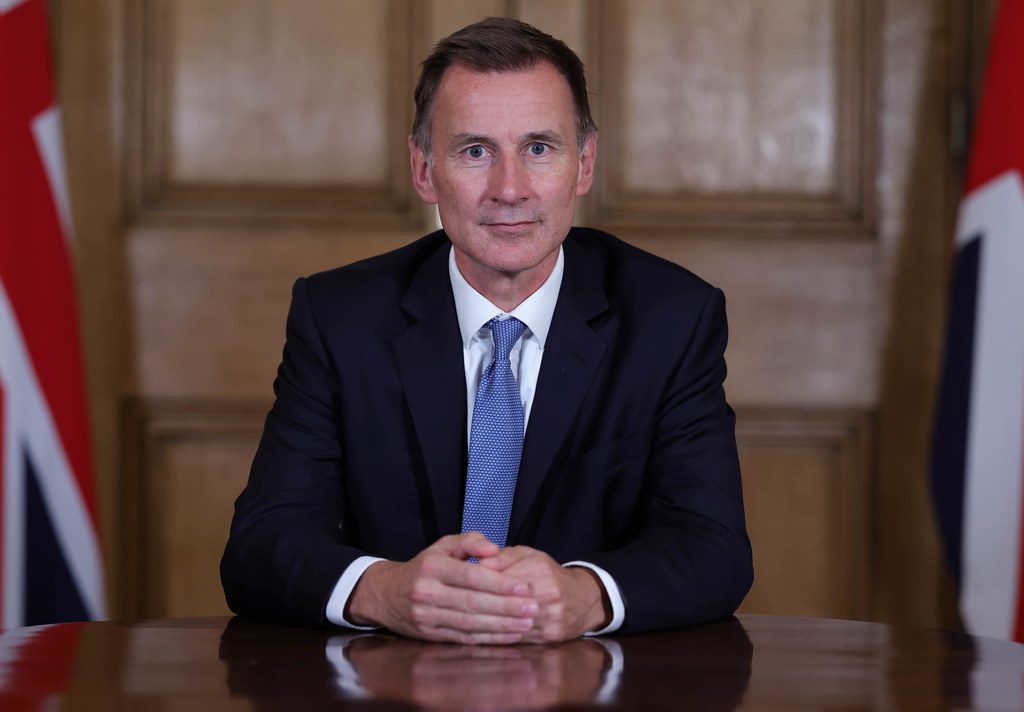What Does The Conservatives’ Win Mean For Businesses?

Last Thursday’s General Election resulted in a historic win from Boris Johnson’s Conservative Party with a majority of 365 seats in the British Parliament.
While many predicted–even feared–a hung parliament, this landmark win will allow the Conservative Party to finally unlock the political stalemate that the government has faced ever since the Brexit referendum.
But what will be the consequences for British businesses? Three economists weighed in on three distinct areas that are likely to be affected by the new Conservative Government.

Samuel Tombs, Chief UK Economist at Pantheon Macroeconomics – an extract from The Conversation
Although many were unhappy with the outcome of the General Election, the Conservatives’ large majority allows the new Government some much needed flexibility in the Brexit negotiations. The hope for a Government with stronger executive power than the previous one already reflected in the GBP to USD exchange rate, which jumped to $1.35 immediately after the poll results.
A no-deal Brexit in January 2020 does not seem to be a risk anymore, with a vote on Johnson’s Brexit deal planned as soon as this Friday. This will likely allow investment to pick back up, knowing that corporation tax is not likely to rise and nor are waves.
On the flip side, the Conservatives’ manifesto clearly state that there is no intention whatsoever of extending the transition period beyond December 2020. This might result in a similar cliff-edge to what we experienced in the run-up to the October 2019 deadline, if the Government is not fast enough in negotiating the necessary trade deals next year.
Kevin Albertson, Professor of Economics, Manchester Metropolitan University – an extract from The Conversation
According to Albertson, the main economic issues faced by Johnson’s government have very little to do with Brexit.
The real crisis is represented by a slowing global economy paired with increasing economic concentration, where debt and ecological deficit are still the growth engine, rather than sustainable economic activity. While world leaders campaign to pursue their own agendas around issues such as international trade, immigration and tax, the broader issues are largely ignored.
Additionally, as many economist already pointed out, there is a very serious chance that the next economic recession could be just round the corner, and with Johnson set to lead the Government for the next five years, it seems like a possibility that he’ll be unlucky enough to be the one in charge when it hits.
Hanna Szymborska, Lecturer in Economics, The Open University – an extract from iNews
According to Szymborska, the Conservatives’ win is a surprise as the austerity policies pursued by Johnson’s party generated the economic dissatisfaction that eventually led to Brexit.
The Conservative Party’s manifesto doesn’t address any of those original issues, such as wage growth, public services and rising inequality. If anything, however, Szymborska agrees with Tombs that a strong majority in Parliament brings a much needed certainty to the British economy. Certainty that is very fragile as it entirely depends on how Brexit is handled on a very practical level during the transition period, as it separates its legislative system from the EU.
The information available on this page is of a general nature and is not intended to provide specific advice to any individuals or entities. We work hard to ensure this information is accurate at the time of publishing, although there is no guarantee that such information is accurate at the time you read this. We recommend individuals and companies seek professional advice on their circumstances and matters.




